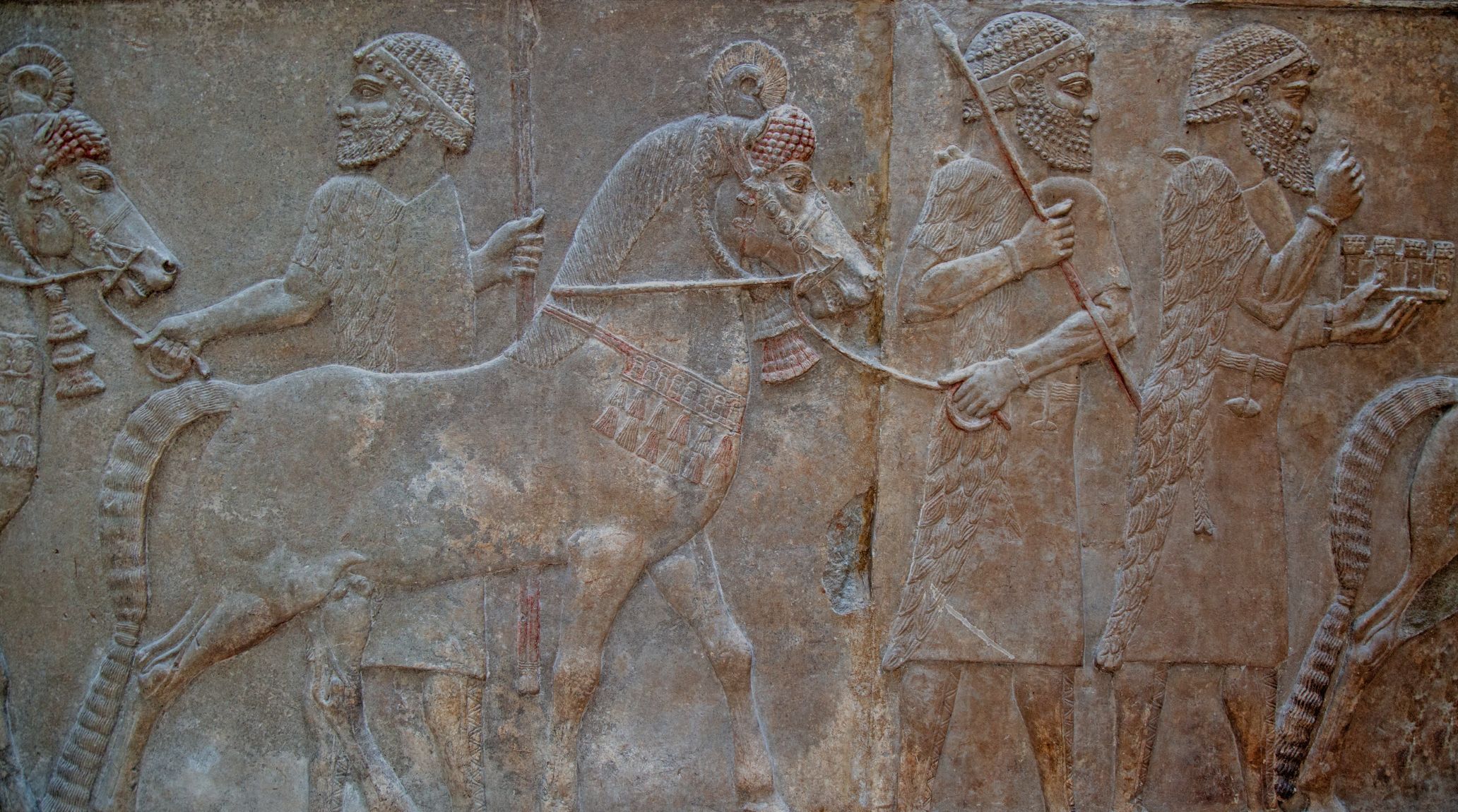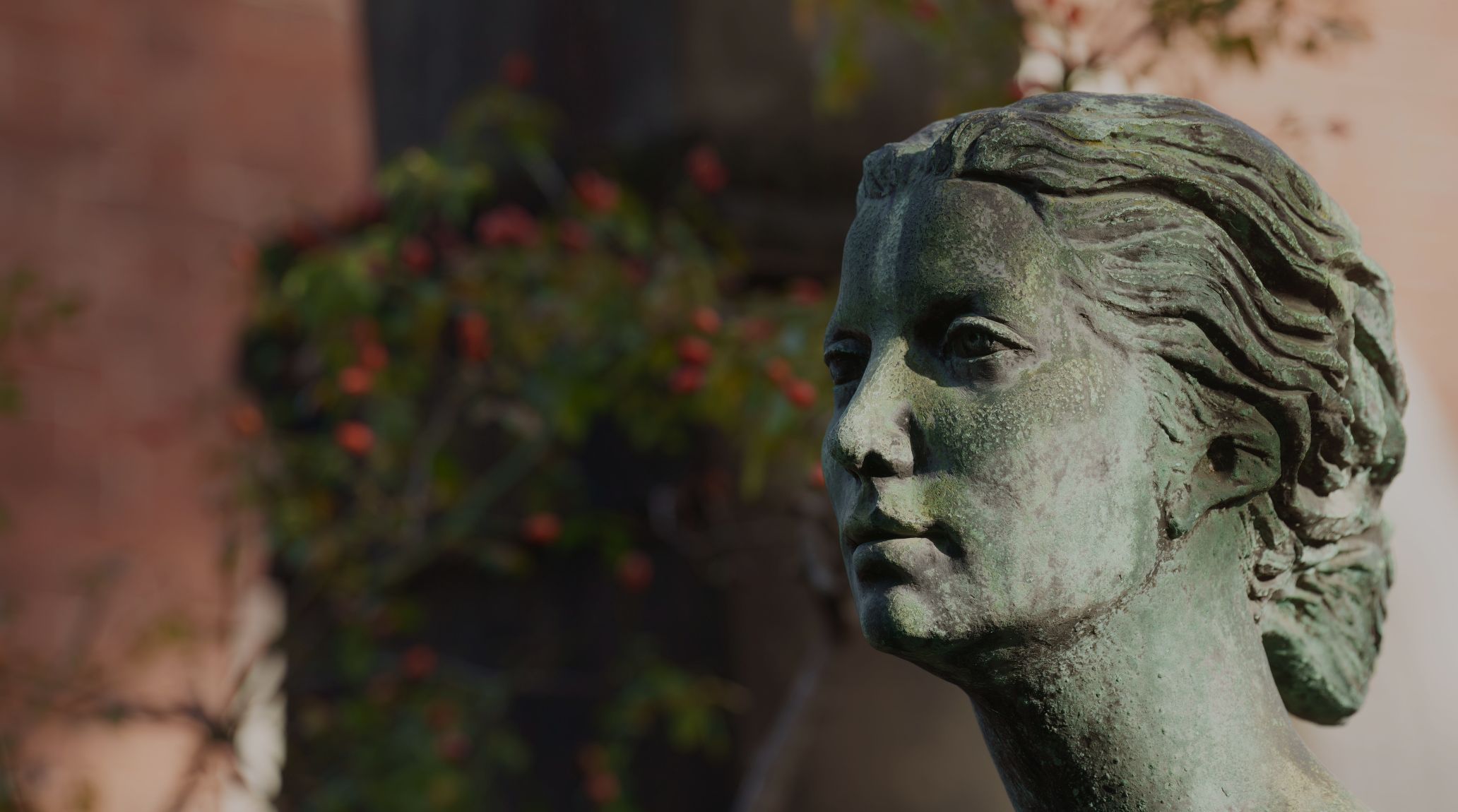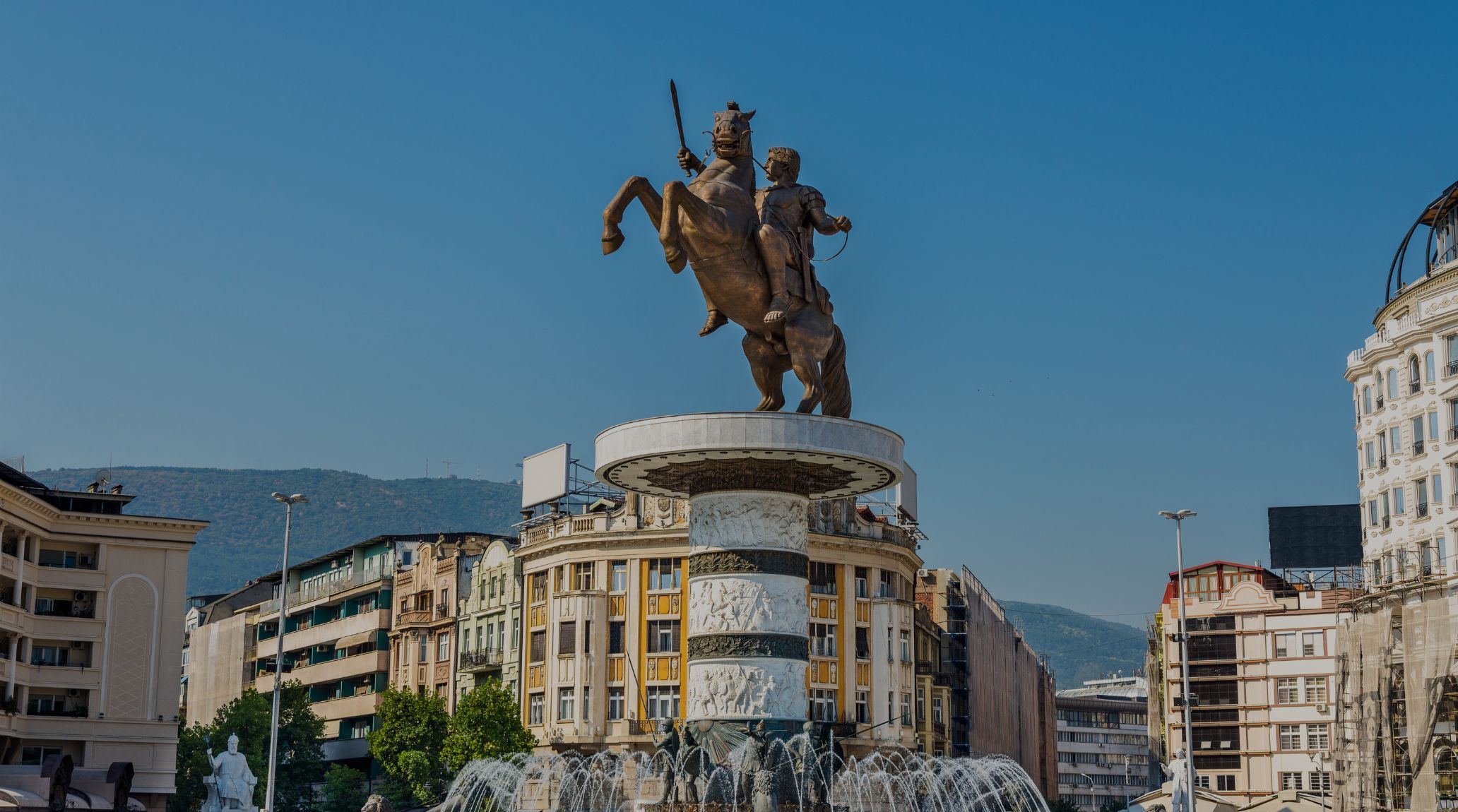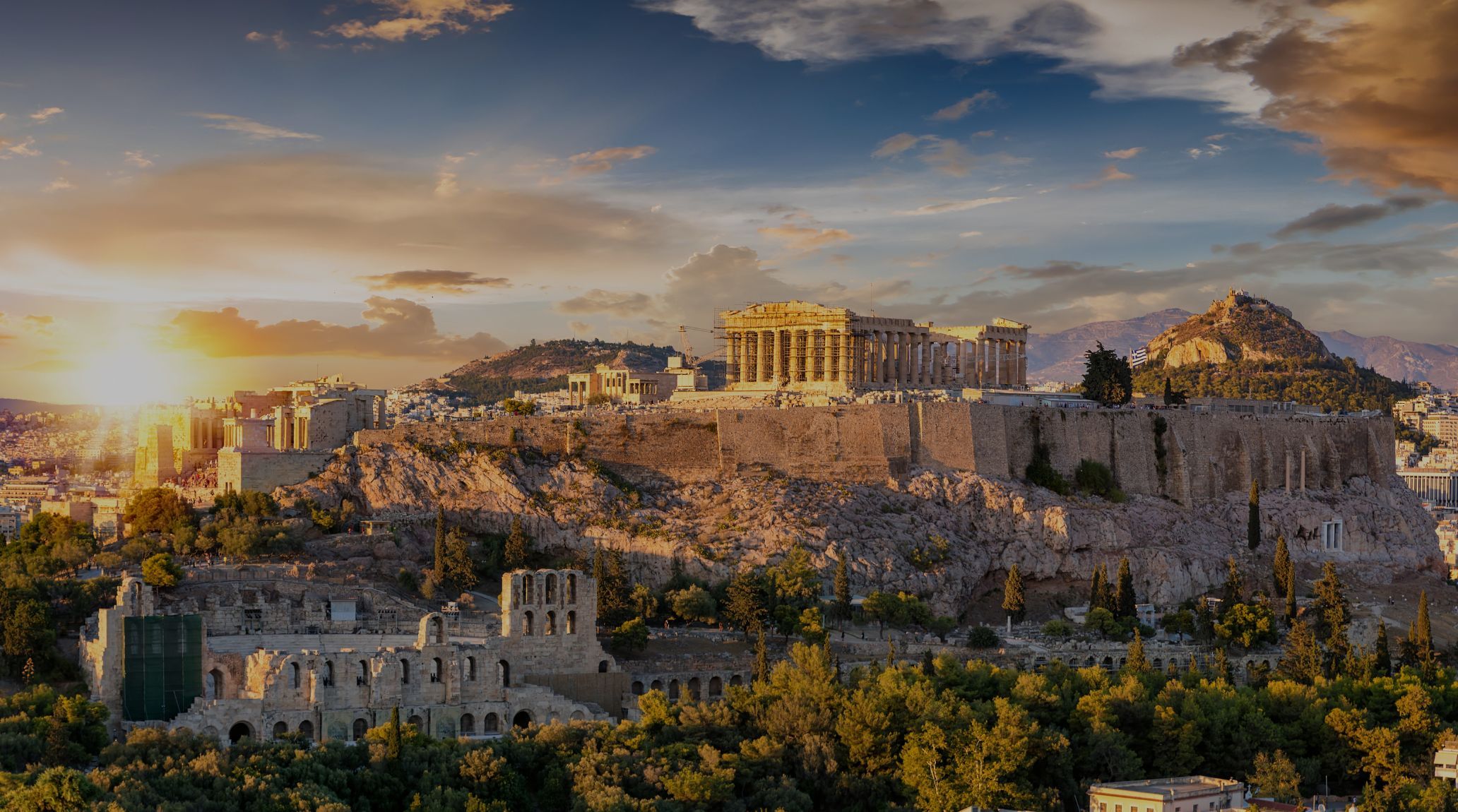
“
Ancient Greece, a civilization renowned for its rich history, cultural achievements, and influential philosophies, offers a captivating glimpse into the daily lives of its people. This blog explores 20 intriguing facts about ancient Greek daily life, shedding light on their traditions, innovations, and the enduring legacy of this remarkable civilization.1
1
”
Athens is credited with creating the first democracy, where citizens directly participated in decision-making. This pioneering form of government laid the foundation for modern democratic systems. 1
The ancient Olympic Games, held in Olympia, were a religious festival dedicated to Zeus. They featured athletic competitions such as running, wrestling, and chariot racing.2
The agora was the central public space in Greek city-states, serving as a marketplace and a venue for political gatherings. It was a bustling hub of commercial, social, and political activity. 3
Women's roles varied by city-state; in Athens, they were largely confined to the home, managing household affairs. In contrast, Spartan women enjoyed more freedom and were trained in physical fitness. 4
A symposium was a social gathering where men drank, discussed politics and philosophy, and enjoyed entertainment. These gatherings were integral to social and intellectual life in ancient Greece. 5
Slavery was a common practice, with slaves used for various tasks including household chores, agriculture, and mining. They were often war captives or purchased from other regions. 6
Theatre was an essential part of Greek culture, with tragedies and comedies performed in outdoor amphitheaters. Playwrights like Sophocles and Aristophanes explored complex themes through their works. 7
Ancient Greece was the birthplace of Western philosophy, with thinkers like Socrates, Plato, and Aristotle shaping intellectual thought. Their ideas on ethics, politics, and metaphysics remain influential today. 8
Gymnasia were places where men gathered to exercise, socialize, and engage in intellectual discussions. Physical fitness was highly valued, and these spaces also served educational purposes. Young men received training in both body and mind. 9
In Athens, boys were educated in subjects like philosophy, mathematics, and rhetoric. Education aimed to produce well-rounded citizens capable of participating in civic life. 10
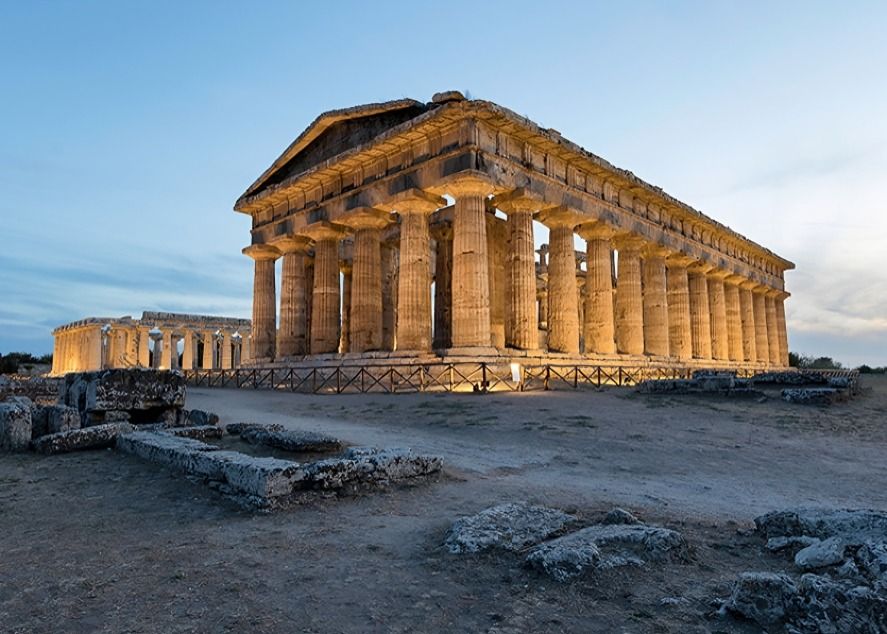
Temples were built to honor gods and goddesses and were the center of religious life. They were architectural marvels, such as the Parthenon dedicated to Athena. These structures served as places for worship, offerings, and community gatherings.
In ancient Greece, most homes lacked bathrooms, so people used small buckets or washed in nearby streams. Public baths were common, but only the wealthy had the luxury of private baths in their homes. 11
Marriages were usually arranged, and the primary role of women was to manage the household and bear children. Dowries were common, and marriage alliances often served political or economic purposes. 12
The ancient Greeks had peculiar food superstitions, with some avoiding beans because they believed the beans harbored the souls of the dead. This belief reflected deeper associations between food, the underworld, and spiritual realms. 13
The typical clothing in ancient Greece included tunics called chitons for both men and women, made from linen or wool. Clothing was usually simple and draped, with the himation serving as an outer garment for additional warmth. 14
Trade was vital to the Greek economy, with goods like olive oil, wine, and pottery exchanged across the Mediterranean. Greek merchants established trade routes that facilitated cultural and economic exchange. 15
The Greeks were among the first to use coins, facilitating trade and commerce. City-states minted their own currency, often featuring images of gods or local symbols. This innovation simplified transactions and helped unify the economy. 16
Ancient Greece, much like modern Greece, experienced a warm, dry climate. This consistent weather pattern significantly influenced daily life, agriculture, and the architectural styles of the ancient Greeks, shaping their culture and environment. 17
Oracles, like the one at Delphi, played a significant role in decision-making, providing divine guidance. People from all over Greece sought the advice of Pythia, the priestess of Apollo. 18
Public baths were common, serving as places for hygiene and socializing. These facilities included hot and cold baths, exercise areas, and spaces for relaxation. Public baths were not only for cleanliness but also important social hubs. 19
